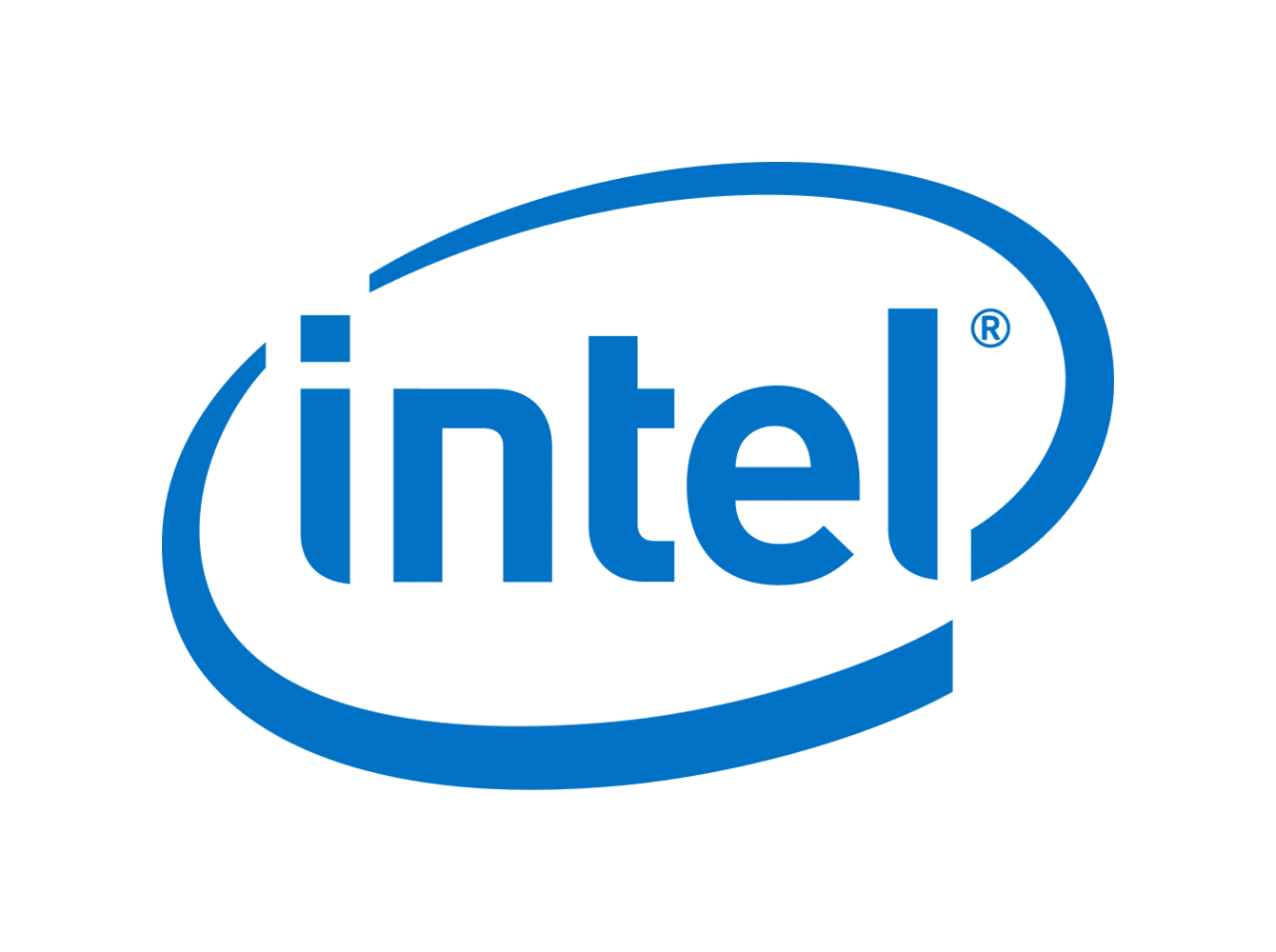Hey all!
I just upgraded my Z690-based system from a 12600K to a 14700KF.
Seeing how this chip is listed with a max turbo power-draw of 253 W, and I do know from reviews and tests that my 240mm AiO can handle 250 Watt (and my case has pretty great airflow), I wasn’t too worried about the added wattage.
Until I ran Cinebench 24 to test the new CPU.
Cores were maxed out all the time, naturally, but according to HWMonitor, none of the P-cores ever boosted to their stock maximum of 5.6 GHz. All of them had a recorded peak of 5.5 GHz.
Thing is that after a few minutes, multiple P-cores started to show some red (100°C), so I got scared and aborted the run after… ~3 - 4 minutes. What really weirded me out though is the fact that power-draw peaked way above what I would’ve expected. It went up to nearly 300 W (299.5). Which is quite a lot more than the advertised 253 W - especially since the CPU never reached its maximum frequencies. I should probably add that it wasn’t just a spike in power - I was keeping a close eye on power-draw the whole time and it never went below the high 270s. Which is still more than 20 W higher (most of the time more than that) than what I would’ve expected without overclocking.
Needless to say this was a stock run (other than having XMP enabled).
Some specs:
Board: MSI Z690 Tomahawk DDR4 (latest BIOS with 14th gen support is installed)
Memory: 2x16 GB G-Skill Trident Z 3600 CL16
Case: Fractal Design Pop XL Air RGB
Fans: 2x 140 top exhausts, 1x 120 rear exhaust. Front has the 2 120 for the AiO and the rad plus one of the crappy 120s that came with the case, all as intakes. Temps were great with the 12600K installed (and that was without the additional front intake), so I’m pretty sure I have good enough airflow.
Anyone know what might be going on here?
Should I perhaps activate the power-limit in the BIOS? I have it on “unlimited” right now … well, technically speaking it’s not unlimited but some ridiculous value like 4000+ Watt on this board, but still … :D
S.


Thanks!
It’s not really called MCE in an MSI BIOS, I think - not sure what it’s called, but the three options/labels you can set are, basically, three different generic cooling solutions (think they call them “CPU Cooler”, “Tower Cooler” and “Liquid Cooler” … or something along those lines.
I did go back into the BIOS and changed the setting from “Liquid” (which is 4000-something W) to “Tower” which is… err… 288? 285W? Did another run in Cinebench 24 and let it finish this time. CPU never drew more than the value I had set in the BIOS. I’d say with that setting, my AiO is at the upper limit of what it can reliably cool … like 250 to 270W. Beyond that, it gets a bit overwhelmed.
CPU didn’t boost any higher than 5.5 GHz this time, either and three of the P-cores did hit 100°C again, but only for fractions of a second. Since I won’t be running this thing at constant “all-core 100% loads”, I *think* I should be good - but perhaps I’ll just set it to the lowest settings (255W IIRC), just to be safe. At least until I can scrounge up the cash to get a 360mm AiO… :)
Although I do wonder whether even a 360mm could keep temps truly in check in Cinebench24 - especially with the “no limits” MCE-setting. I hadn’t used that latest version of it before today and it seems to be quite a bit more demanding than the version I had used before.
Neither Time Spy (go figure :D ) nor 3DMark’s CPU Profile pushed the CPU as hard as CB24 did - not even by a long shot.
I did see slightly higher peak power during some of the CPU-tests in Passmark’s performance test. Think it went up to 340 W for a second or so… yikes!
Still: None of this explains why the CPU will hit these high power-draws when it’s not even boosting to its stock max turbo frequency. I mean… 300+W and the P-cores didn’t even go up to 5.6 GHz for even a second.
*shrug*
:)
S.